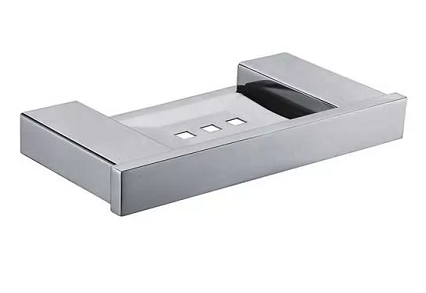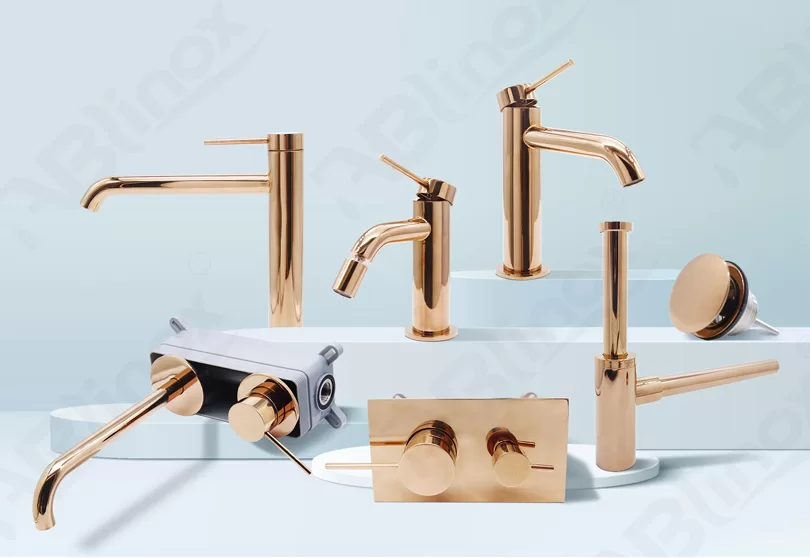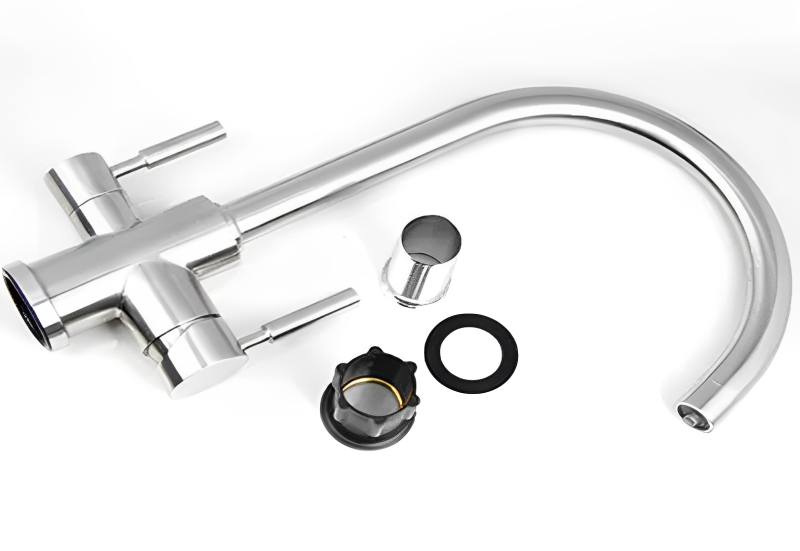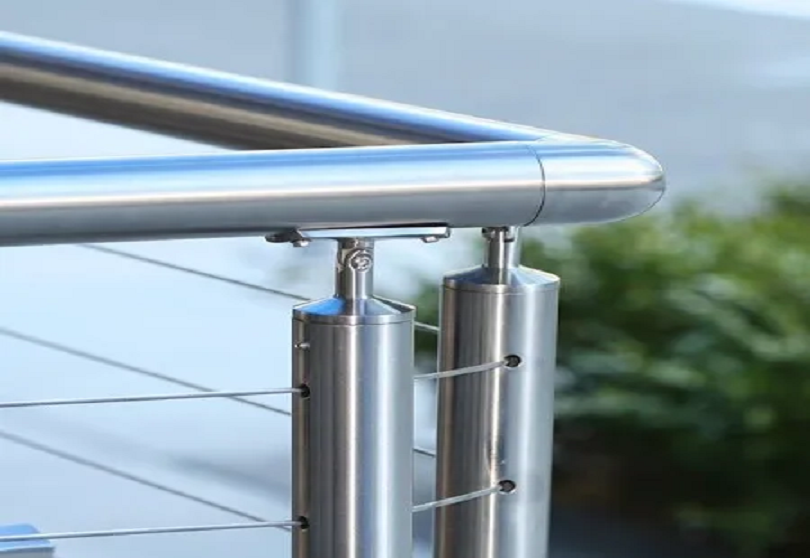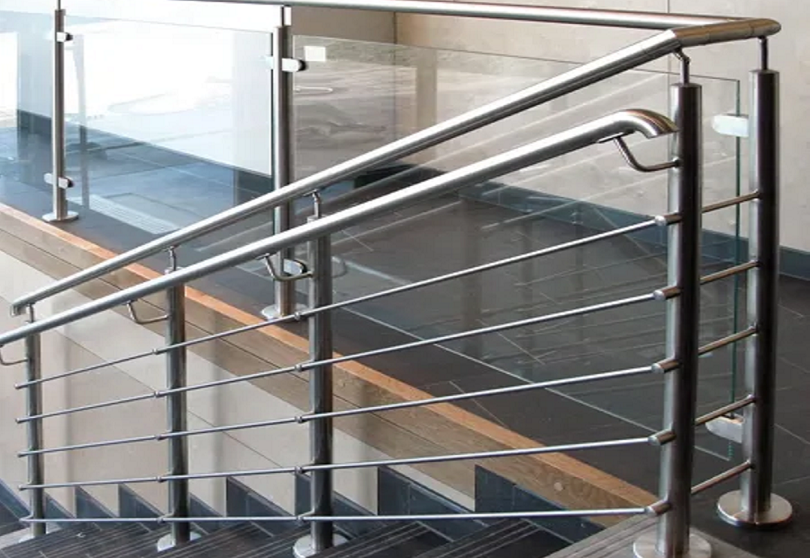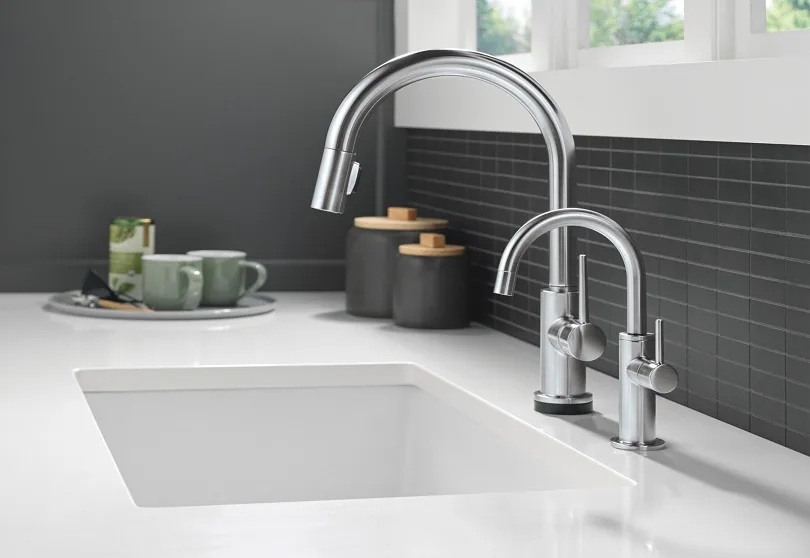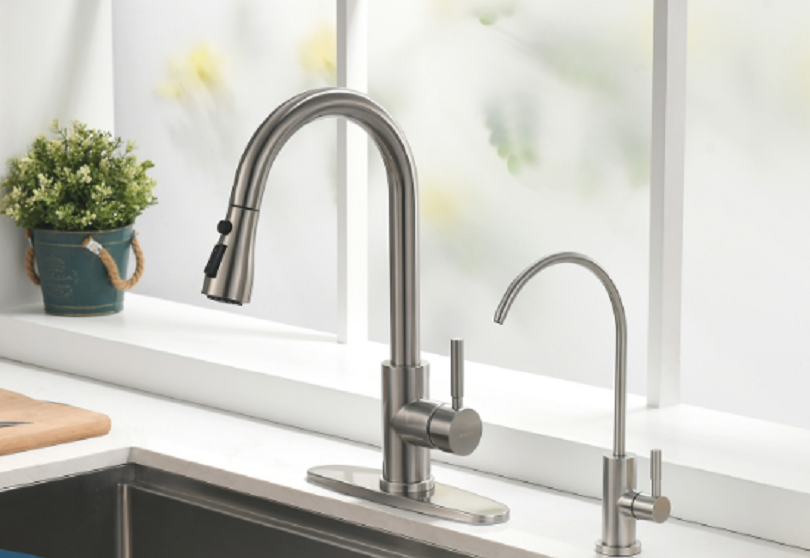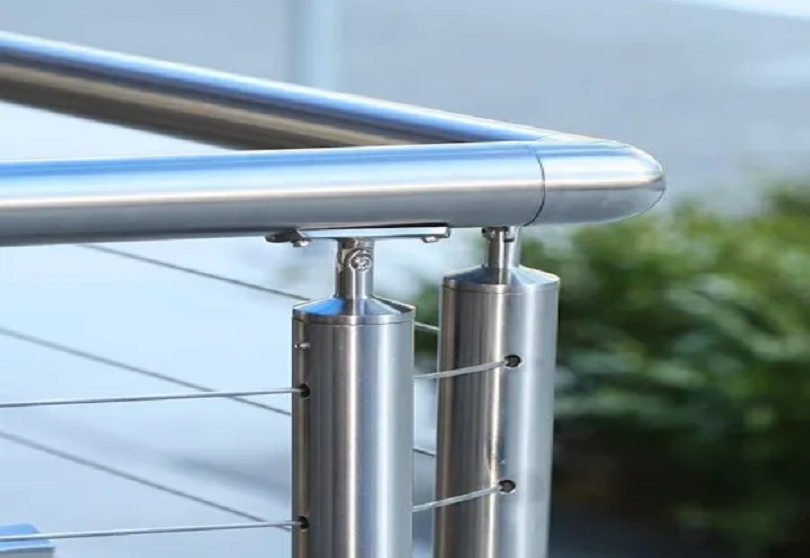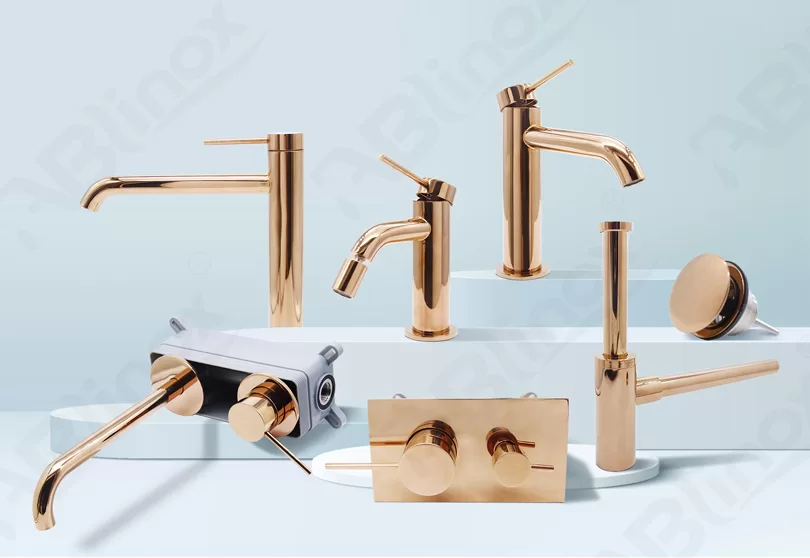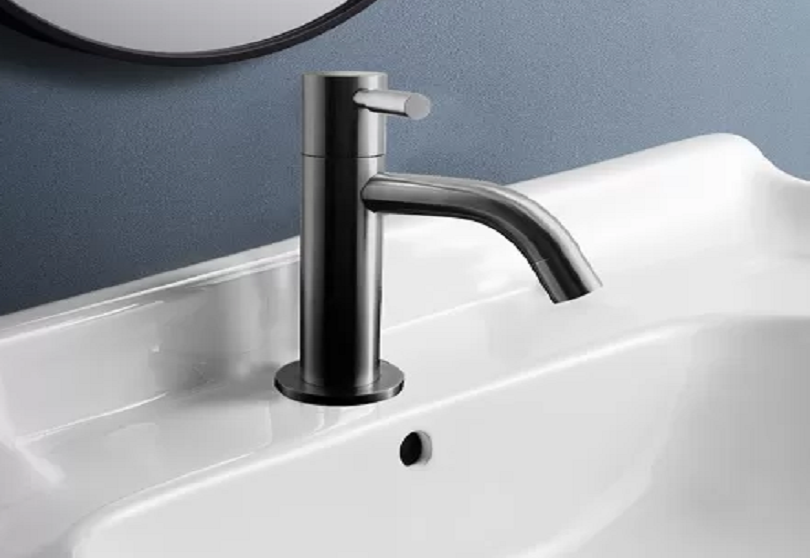
Brass vs Stainless Steel Ball Valve: A Comprehensive Comparison
- By:ABLINOX
- 2024-06-16
- 125
Brass vs Stainless Steel Ball Valve: A Comprehensive Comparison
When it comes to choosing the right material for your ball valve, the debate between brass and stainless steel is a common one. Both materials have their own set of advantages and disadvantages, making the decision a crucial one for many industries. Let’s dive deep into the characteristics of brass and stainless steel ball valves to determine which one is the better choice for your specific needs.
Brass Ball Valve
Brass ball valves are known for their excellent corrosion resistance and durability. They are well-suited for applications where water and non-corrosive fluids are involved. Brass valves are cost-effective and easy to install, making them a popular choice in residential plumbing systems.
Stainless Steel Ball Valve
Stainless steel ball valves, on the other hand, are prized for their superior strength and resistance to high temperatures and pressures. They are often used in industrial settings where harsh chemicals and corrosive fluids are present. While stainless steel valves come at a higher price point, their longevity and performance make them a worthwhile investment in the long run.
Comparing the Two
When comparing brass and stainless steel ball valves, it is essential to consider factors such as material composition, operating conditions, maintenance requirements, and budget constraints. While brass valves are more affordable upfront, they may require more frequent replacements in corrosive environments. On the other hand, stainless steel valves offer unmatched durability but come with a higher initial cost.
Ultimately, the choice between brass and stainless steel ball valves depends on your specific needs and priorities. Whether you prioritize cost-effectiveness or long-term performance, selecting the right material is crucial to the efficiency and reliability of your fluid control system.
Conclusion
In conclusion, both brass and stainless steel ball valves have their own unique advantages and drawbacks. By understanding the properties of each material and assessing your requirements, you can make an informed decision that aligns with your goals. Whether you opt for the affordability of brass or the durability of stainless steel, choosing the right ball valve material is key to ensuring optimal performance and longevity in your applications.
-
Exploring the Art of Precision Casting
2025-03-20 -
Premium Stainless Steel Hinges for Durable Glass Shower Enclosures
2025-03-14 -
Stainless Steel Tactile Products: Durable Solutions for Barrier-Free Environments
2025-03-12 -
Celebrating Women’s Day: Special Care for Our Female Employees
2025-03-08 -
From Design to Finished Product: The Complete Guide to Stainless Steel Precision Casting
2025-02-26 -
Guides To Buy Stainless Steel Sanitary Ware
2024-01-16 -
How Do We Customize SS 304 Faucets for You?
2023-10-17 -
One of the Casting Steps, Pouring
2023-07-24 -
Training for Business Expansion
2022-07-02 -
Internal Business Sharing Meeting
2022-06-20
-
Premium Stainless Steel Casting Hardware for Architecture and Home Design
2025-10-09 -
High-Quality Stainless Steel Railing and Marine Accessories for Modern Applications
2025-10-09 -
Precision Stainless Steel Casting and Marine Hardware Manufacturer
2025-10-09 -
Precision Stainless Steel Casting and Hardware Solutions for Modern Living
2025-10-09 -
Premium Stainless Steel Railing and Marine Accessories for Lasting Performance
2025-10-09 -
High-Quality Stainless Steel Casting Solutions for Marine and Industrial Applications
2025-10-09 -
Premium Stainless Steel Faucets and Investment Casting Solutions
2025-09-30 -
Durable Stainless Steel Components for Modern Handrails and Balustrades
2025-09-30 -
Premium Stainless Steel Hardware for Marine and Sailboat Applications
2025-09-30 -
High-Quality Marine and Hardware Solutions from Ablinox Precision
2025-09-03











